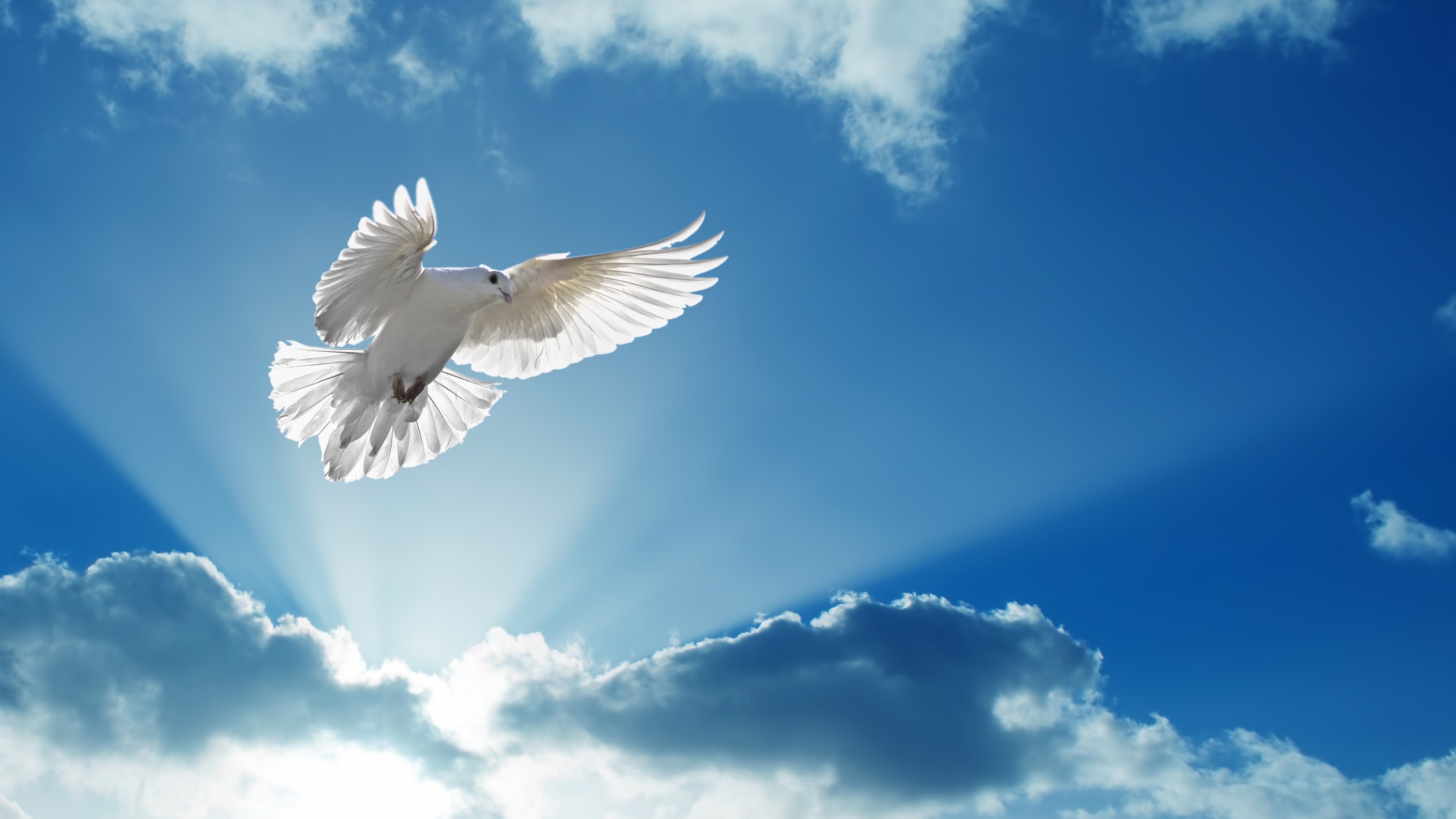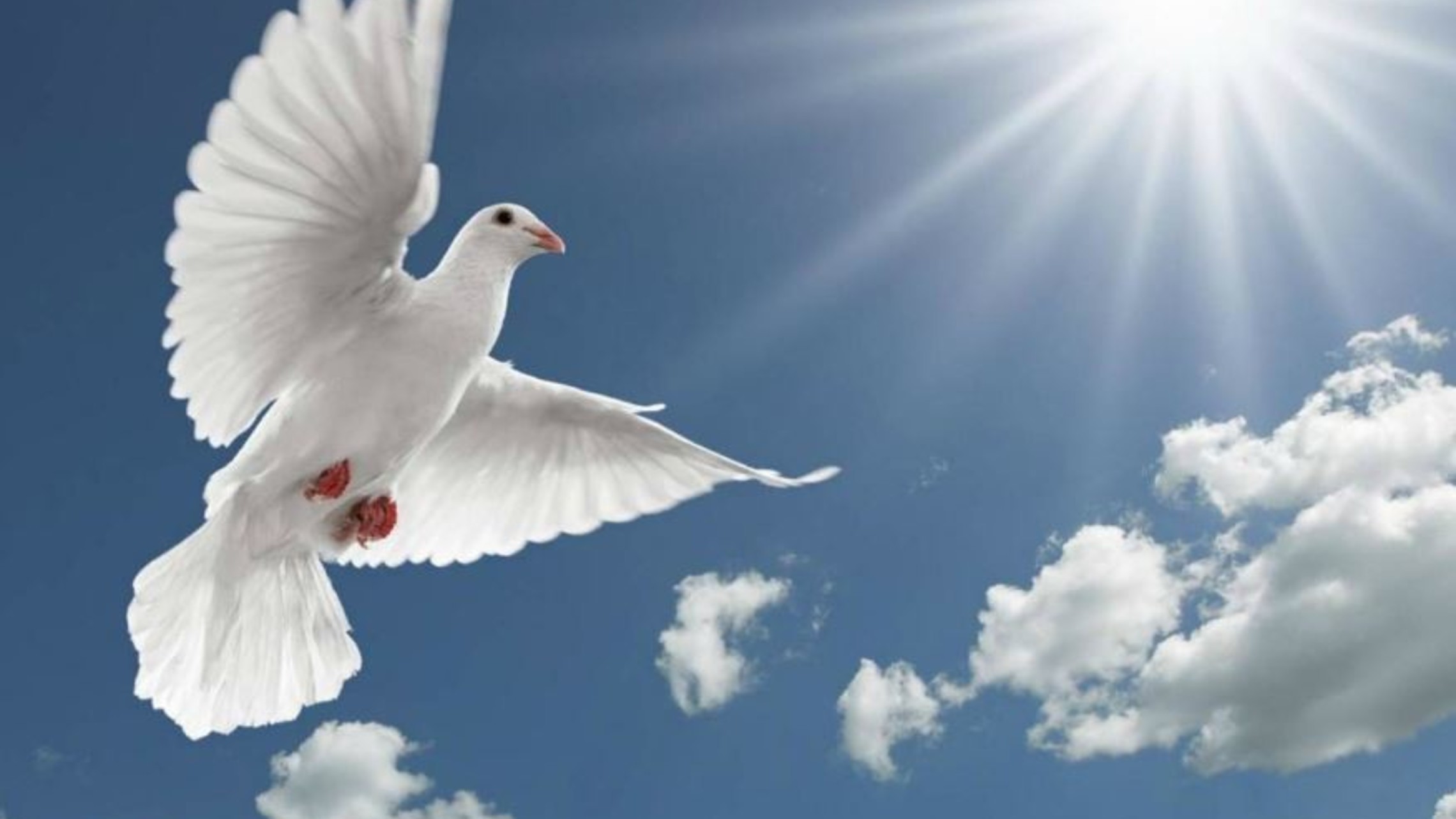Let Them be Born in Wonder

By Father Fred Edlefsen
September winds down. Fall winds up. Students are in full swing. At Our Lady of Lourdes, CCD catechism classes are happening. Adults in OCIA are preparing for Easter sacraments. Learning is abuzz. Let’s think about that.
Fifteen years ago, I saw a Canadian tourism ad featuring a father and son overlooking Lake Huron. The father’s finger pointed outward, guiding the boy’s attention to Huron’s blue horizon. Learning is like that. As a Latin saying goes, “Nascantur in admiratione”. “Let them be born in wonder.” Learning begins with wonder. And it’s guided by a good teacher. Wonder awakens gentle and perceptive sensibilities, proper to everything in Creation and all that is good in culture and civilization. Good sensibilities lead to good thinking.
Moreover, wonder awakens empathy, begetting sensibilities of gratitude, justice, and a gentle heart. These are not just subjective feelings. They are proper affections – i.e. responses – to the world outside of oneself and in relation to oneself.
“Poetry begins in delight and ends in wonder. Philosophy begins in wonder and ends in wisdom,” said a great schoolmaster. In other words, the heart must be formed before the head. For youth, free and leisurely experiences of discovery – like playing in a backyard or park or woodland, hiking, fishing, taking apart an old machine, exploring a tool shed, musing through an old nature or science magazine, rummaging through grandmas’ basement, and playing in a creek – can be great experiences of delight and discovery. Delight precedes wonder – which can lead to a poetic sensibility and thus wisdom. Wisdom is a high form of knowledge that is formed by love.
Sunday is our most important “school” day. When these kinds of experiences precede the classroom, youths are more open to learning. Youths are more prepared to explore life’s most important questions: What’s a good life? What’s happiness? What’s justice (read Plato’s Republic)? How can I make a better world? What leads to a happy life after death? “Master, what good must I do to gain eternal life?” (Matthew 19:16).
“Just as God ‘rested on the seventh day from all his work which he had done’ (Genesis 2:2), human life has a rhythm of work and rest. The institution of the Lord's Day helps everyone enjoy adequate rest and leisure to cultivate their familial, cultural, social, and religious lives” (Catechism of the Catholic Church, 2184).
Categories:



